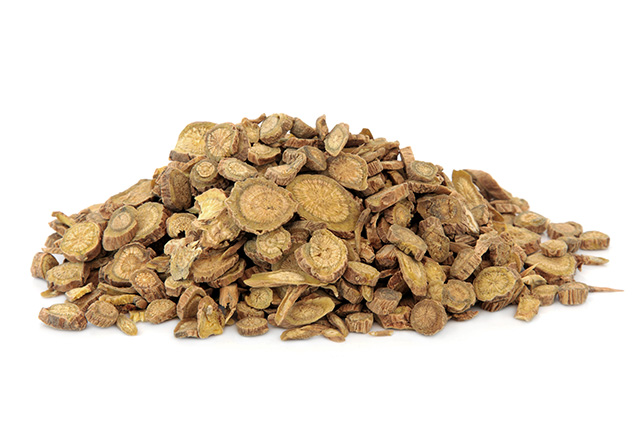Food supplements can play a big role in enhancing muscle detoxification in athletes
05/15/2020 / By Janine Acero

An amino acid found in many dietary supplements for athletes may play a crucial role in the production of carnosine in skeletal muscle, suggest researchers from Brazil. A natural compound mainly found in muscle tissue and the brain, carnosine helps get rid of reactive aldehydes, which are compounds that can damage the structure and function of DNA and proteins.
Beta-alanine increases the production of carnosine, a compound that protects against DNA damage
This amino acid, called B-alanine, is naturally produced by the body. It is known to help improve athletic performance by reducing fatigue and increasing endurance when performing high-intensity exercises.
Researchers at the University of Sao Paulo’s School of Physical Education and Sports (EEFE-USP) and Chemistry Institute (IQ-USP) — in collaboration with the Center for Research on Redox Processes in Biomedicine — observed, for the first time, the activity of B-alanine in skeletal muscle and its involvement in the production of carnosine.
The study, which was published in the journal Redox Biology, involved athletes who took B-alanine supplements after an intense exercise session. The Brazilian researchers found that carnosine bound to aldehydes to form adducts, or addition products, whose presence showed that carnosine was actively battling the harmful aldehydes.
“The carnosine found in the athletes’ muscles demonstrates the beneficial effect of physical exercise, since it causes the elimination of toxic substances,” said Marisa Helena Gennari de Medeiros, Full Professor at IQ-USP and last author of the study.
The scientists took samples of outer thigh (vastus lateralis) muscle from 14 cyclists before and after a 28-day time frame, during which the participants took B-alanine supplements or placebo every day in a double-blind experiment.
The researchers collected the muscle samples after the cyclists underwent four sessions of Wingate high-intensity intermittent cycling, a common physical test for training and assessment. The participants pedaled for 30 seconds per session with three-minute rests between sessions.
The samples were gathered not long after the high-intensity exercise. Researchers evaluated levels of carnosine and carnosine-aldehyde adducts in muscle tissue.
The researchers observed that B-alanine increased muscle carnosine levels by some 50 percent compared to those measured pre-supplementation. Furthermore, a significant increment in carnosine-acrolein adduct was found in post-supplement muscle tissue tested after performing the high-intensity exercise. According to Medeiros, this particular finding indicated that “neither exercise alone nor supplementation alone increased the formation of adducts.”
“This shows that carnosine sequesters acrolein in skeletal muscle, which is important to detoxify the reactive aldehydes produced during exercise,” she added. (Related: Beta-alanine supplementation relieves fatigue, increases muscle carnosine.)
With reactive aldehydes damaging DNA and proteins by forming these adducts, these outcomes suggest that B-alanine supplementation may also help treat damage due to elevated levels of oxidative stress, which lead to conditions like cardiovascular disease, atherosclerosis, Parkinson’s and Alzheimer’s.
“We can now think about the action of carnosine not only in the physiological model, meaning physical exercise, but also in pathological models in which levels of reactive aldehydes increase, as an effect of smoking, pollution, diabetes, or other situations involving oxidative stress. It’s worth exploring this therapeutic potential,” said study lead author Guilherme Giannini Artioli, a professor at EEFE-USP.
The researchers aim to test the effects of B-alanine supplementation next in older participants. They posit that the older populace may benefit from natural compounds that can improve muscle quality, noting that carnosine may be “compelling in fighting incessant agony” associated with the development of aldehydes.
Interested in other natural compounds that support exercise performance and endurance? Visit SupplementsReport.com to learn more.
Sources include:
Tagged Under: #nutrition, Amino Acids, Athletes, athletic performance, beta-alanine, carnosine, detox, DNA, endurance, exercise, fatigue, fitness, muscle, nutrients, prevention, research, supplements
RECENT NEWS & ARTICLES
COPYRIGHT © 2017 RESEARCH NEWS




















